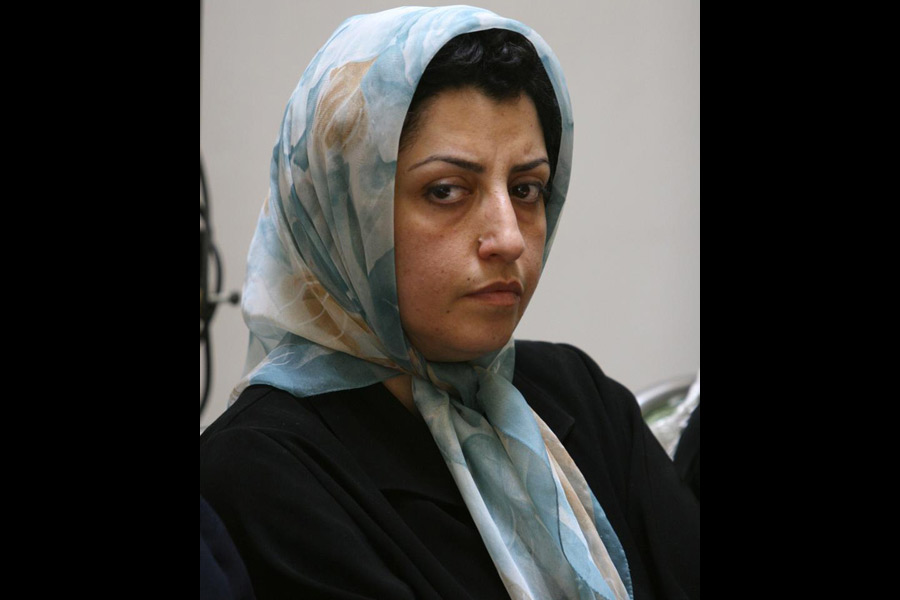 |
New Delhi, Dec. 28: The Congress in its official history has acknowledged the Emergency excesses by Indira Gandhi, the authoritarian manner of Sanjay, and Rajiv’s failure to purge the party of what he had called power brokers.
The Congress and the Making of the Indian Nation is an attempt by India’s oldest party to take a candid look at its past in its 125th year and admit some of its mistakes even on issues it has been touchy about. Such an exercise in black and white is rare in Indian political history, even more for a party known for its culture of sycophancy.
The book was released by Manmohan Singh and Sonia Gandhi at last week’s plenary as part of the 125-year celebrations. It is the fifth of a series planned during the 1985 centenary celebrations under Rajiv’s leadership.
Rajiv is said to have instructed that the five-volume history should be written by “professionals” and the “facts” presented in a manner such that future generations can judge the Congress for themselves. So, the party commissioned historians to write it. Pranab Mukherjee was the chief editor.
On the Emergency, the darkest chapter in the party’s history, the book says: “Unlimited state and party power was concentrated in the hands of the Prime Minister.”
It adds: “He (Sanjay) also promoted slum clearance, anti-dowry measures and promotion of literacy but in an arbitrary and authoritarian manner much to the annoyance of the popular opinion... unfortunately in certain spheres, over-enthusiasm led to compulsion in the enforcement of certain programmes like compulsory sterilisation and clearing of slums.”
About Rajiv, the book says: “The promises of reform in the party which he made in his famous Bombay speech as a corollary to (his) attack on power brokers... could not be fulfilled.”
As the book highlights Rajiv’s troubles with the older leaders, it’s hard to miss the similarities with the difficulties Rahul Gandhi is facing as he tries to democratise the party, inject young blood and take the Congress closer to the grassroots. The book praises these initiatives but is silent about Rahul’s unease with some of the veterans.
There is no critical reference to Jawaharlal Nehru but the book, which deals with parts of the pre-Independence era too, admits that he saw merit in Subhas Bose’s arguments and yet chose to go with the Mahatma.
It has something good to say about the government of Narasimha Rao, an outcast in the Congress for over a decade.
“It was creditable that his government completed (a) full term, making him the first person outside the Nehru-Gandhi family to serve as PM for five continuous years,” it says, patting Rao for carrying forward the economic reforms envisaged during Rajiv’s rule.
Union minister Anand Sharma was the convener of the editorial board, which included the historians Aditya Mukherjee, Mridula Mukherjee, Sucheta Mahajan, Rizwan Qaiser and Bhashyam Kasturi. The Delhi-based Academic Foundation published the book.
The first four volumes had been published earlier. Even the first volume, dealing only with the Congress’s earliest days, did admit some mistakes. Some of the volumes contain party documents including leaders’ speeches.










